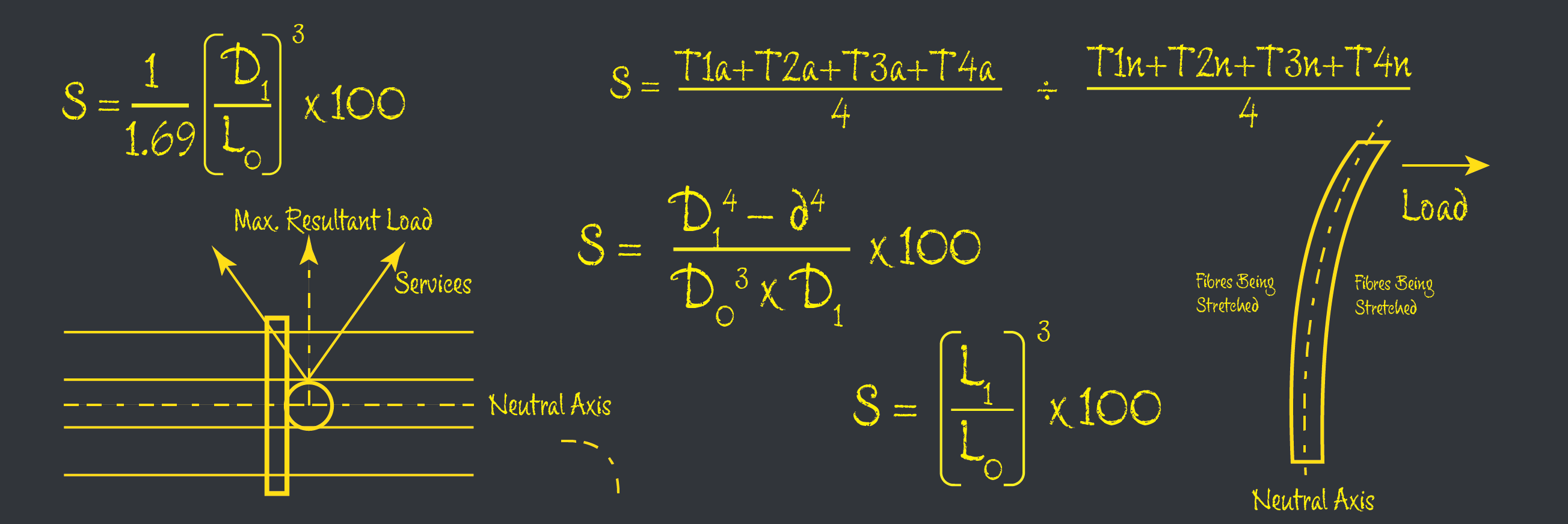Pole Inspections Calculations
Correct pole inspections require three main phases, namely, visual, physical, and engineering assessments. The first phase is the visual pole inspection which requires the removal of soil at the pole’s base. Then the pole inspector visually inspects the entire asset, from below ground to the pole top, including the cross arms, fittings, and conductors. Modern technology have allowed for pole inspectors, who are licensed and certified, to use drones to capture high-resolution images and infrared scans of the pole tops. The next phase is the physical or mechanical testing, in general, is performed in two ways, sounding of the asset which is a non-intrusive test, and the drilling of the asset which is intrusive. The drilling on the asset is important since it reveals internal defects which compromise the strength and intergrity of the pole. The final phase of the inspection is the field recording and subsequent engineering. This is achieved by the inspector taking multiple measurements at the bottom of the pole. These critical measurements are then used in formulas to understand the remaining or residual strength of the pole.
Pole Calculations 101
Let’s take for example an 11m 8kN hardwood timber power pole. The asset inspector has already completed phases 1 and 2. Now it’s time to precisely record the data. The pole inspector findings:
The original diameter of the pole – 330mm
The smallest diameter of the pole – 280mm
Internal pipe – 100mm
To calculate the residual strength of the timber power pole, the following formula can be used:

Quite likely the pole inspector would condemn the power pole and recommend replacement.
Of course, the above scenario is simplistic and referenced as an example. Qualified electrical pole inspectors have various other factors to consider when performing their assessments. At times even a pole with an 80-90% strength rating may warrant a replacement recommendation.
Next time you need a pole inspection that you can trust, call Electrical Poles. Our pole inspectors are fully qualified and industry leading specialists, delivering recommendations and reports that enable asset owners to make the right decision.


